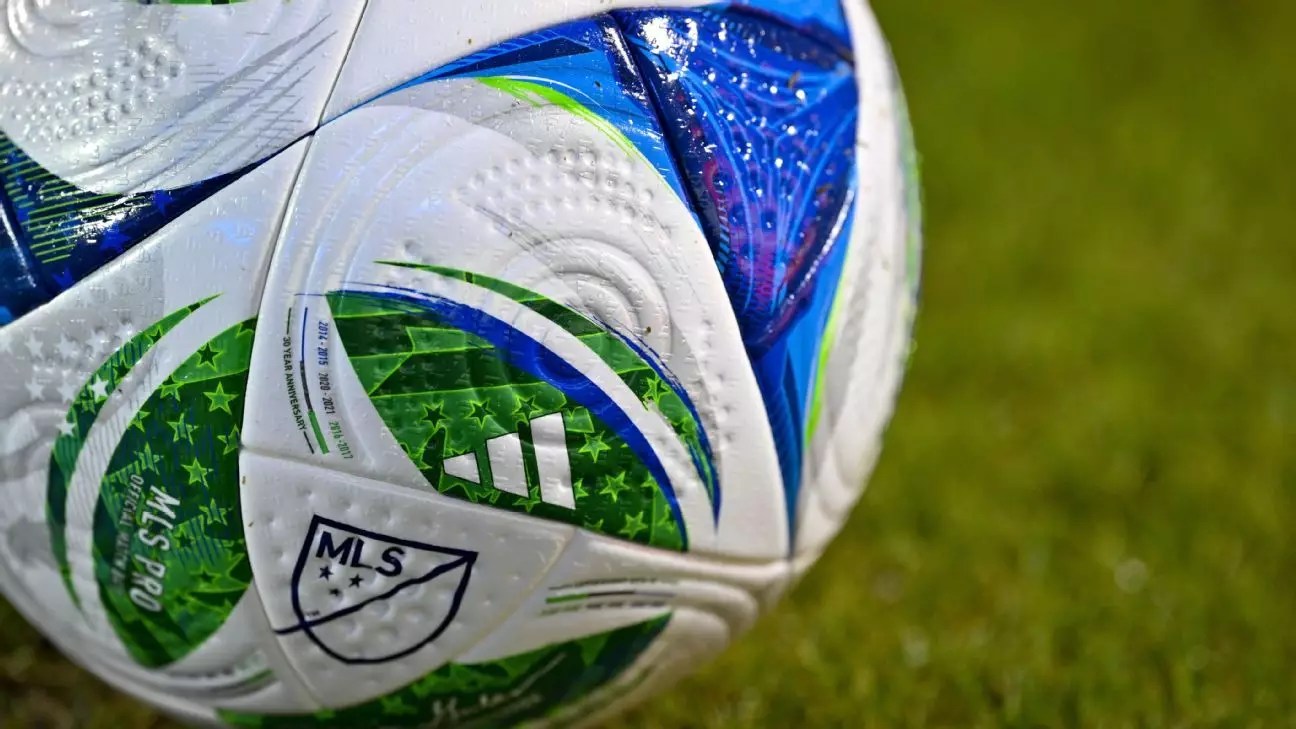The ongoing negotiations between Major League Soccer (MLS) and the MLS Players Association (MLSPA) surrounding prize money and player compensation for the FIFA Club World Cup have exposed deeper tensions within American soccer. The Seattle Sounders FC, a team at the center of this dispute, catalyzed the conversation about fairness and equity in player compensation during their protest on June 1. Clad in shirts that boldly declared “Club World Cash Grab” and “Fair Share Now,” these players initiated a crucial dialogue about the disconnect between players’ contributions and the financial rewards distributed by the league.
The proposal exchange has been anything but straightforward, reflecting a broader concern regarding the Treatment of players in professional sports. At its core, the investigation revolves around a revised section of the collective bargaining agreement (CBA) that outlines player compensation from earnings tied to external tournaments. Originally, the CBA allocated 50% of funds from outside tournaments to players, up to a cap of $1 million—a figure that, to many, appears insufficient given the lucrative nature of international competitions like the Club World Cup.
Pressure Points and Discontent
Obtaining a fair share of prize money adequate to reflect the players’ investments and performances is the fundamental crux of the situation. MLS’s revised offer, which included a provision for 20% of performance-related payments and a $1 million base participation fee, was met with skepticism. The MLSPA’s insistence on a more generous allocation illustrates a polarizing issue: the players feel undervalued despite their contributions to the growth of the league and its international presence.
Adding insult to injury, the MLSPA argued that MLS’s proposal was retaliatory and sent a message that the league does not respect the players’ efforts. The alarmist rhetoric used by both parties indicates a brewing crisis. The players are, understandably, frustrated that an organization that profits handsomely—$28,650,000 from FIFA—sits on a tiny fraction of that wealth when the time comes to share earnings with those on the field.
The Emotional Impact on Players
As MLS players prepare for one of the most prestigious tournaments in soccer, the ongoing negotiation is more than just a financial issue; it weighs heavily on their mental and emotional states. Deprived of the ability to refocus solely on competition due to these negotiations, many players feel a cloud of uncertainty hanging over their heads—an unproductive distraction at a crucial juncture in their careers.
The statements from the MLSPA articulate this emotional turmoil, suggesting that players are feeling both pressure from their responsibilities and disappointment from the league’s unwillingness to negotiate in good faith. This reaction is emblematic of a larger trend observed across sports leagues, where labor disputes frequently detract from on-field performance.
The Broader Implications for Soccer
The outcome of these negotiations carries consequences beyond just MLS and its players. The stakes are high, as they involve the league’s reputation within a global context. American soccer as a burgeoning entity stands at a crossroads, facing the challenge of sustaining growth and popularity while attending to the foundations of fair labor practices.
Moreover, the current brevity of the collective bargaining agreement shapes the future landscape of player compensation. Without a new agreement in place, the existing CBA will continue to prevail, which could impede the progressive evolution that the league needs. If players remain divided over such issues, it risks undermining the unity and passion that has so far characterized Major League Soccer’s rise.
In a competitive sports environment where players’ rights and compensatory equity are increasingly coming to the fore, the negotiations between MLS and the MLSPA will serve as a pivotal case study. The outcome not only affects the players directly involved but also sets a precedent for other leagues grappling with similar disputes domestically and globally. As the Club World Cup approaches, the spotlight remains firmly on the discussions unfolding within the MLS—whether the league will rise to the occasion by valuing its players and establishing a fairer framework for reward remains a significant question to ponder.


Leave a Reply